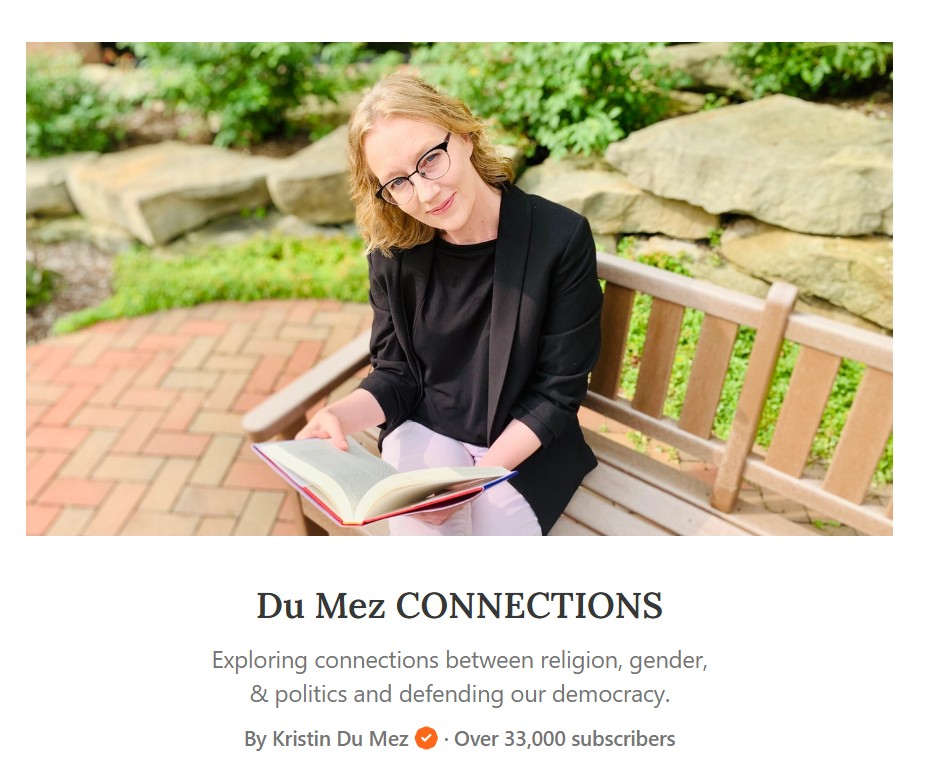Is Focus on the Family a church?
It depends who you ask. And it depends when you ask, apparently.
Back in 2016, Focus on the Family reportedly asked the IRS to classify the organization as a church, in order to dodge the Affordable Care Act’s contraceptive mandate and secure other regulatory exemptions.
Understandably, the IRS was initially skeptical, according to documents obtained by RightWingWatch. But lawyers for Focus on the Family “insisted that the organization meets most of the tax agency’s criteria for houses of worship and that even questioning their status as a church could violate the First Amendment,” according to Miranda Blue’s report. And in May of 2016, Focus on the Family claimed that for “its entire existence, Focus on the Family has been a religious tax-exempt organization with many of the essential elements of a church.”
What, precisely, does Focus on the Family gain by this reclassification? For one thing, they are exempted from retirement plan regulations, no longer are required to provide unemployment benefits, and they are “exempt from filing publicly available tax documents with the IRS and are largely protected from audits,” Blue writes.
And what makes Focus on the Family a church, rather than simply a non-profit organization?

Focus on the Family Welcome Center
According to their attorneys, Focus on the Family considers their 600 employees both “ministers” and members of its “congregation.” Moreover, the cafeteria—or, rather, “chapelteria”—is its “place of worship.” Jim Daly, Focus on the Family’s president, is its “head deacon and elder.” (Dobson himself stepped down from his leadership role in 2003, in part to protect the organization’s tax-exempt status as he more brazenly engaged in partisan politics). Its board of directors are “elders,” and radio listeners are “an extension of its congregation.”
“Without question, Focus on the Family’s members’ daily work is worship,” its attorneys argue. And, Blue writes, they claim that “Focus on the Family believes that all of its members are ministers.” (Can we assume, then, that the church of Focus on the Family fully endorses women in ministry?)
What’s curious here is that throughout much of its existence, Focus on the Family took pains to make clear that they had no intention of usurping the role of the local church. As Susan Ridgely explains in Practicing What the Doctor Preached, the very first issue of Focus on the Family Magazine requested that readers not support the organization “or any other Christian organization until their obligation to their local church has been met.” Rather than displacing the church, Dobson wanted to come alongside local churches, offering weekly bulletin inserts, video series, and other resource materials that could be distributed to their members.
In terms of religious authority, however, Focus on the Family may have a point. It’s hard to deny that the organization has wielded enormous power in defining and sustaining the religious (and political) beliefs of a large swath of American Christians. In a season in which many pastors are surprised by their own ineffectiveness when it comes to shaping their congregants’ faith commitments, they must confront the fact that the authority “parachurch” organizations like Focus on the Family wield is indeed a force to be reckoned with.
In making their case, Focus on the Family’s attorneys themselves point to both to historical evolution and historical precedent. They draw parallels to John Wesley’s “Holy Club” that morphed into the Methodist church, and suggest that so, too, is the Focus on the Family empire now coming into its own. And as far as claims that the organization’s “congregational/associational activities appear to be incidental to [its] media activities,” they counter that “The notion that a ‘church’ is simply a building where people gather to hear a sermon every Sunday is not only antiquated, but also inconsistent with the description of the church found in the New Testament.”

So, Focus on the Family rests their case on the New Testament church, on John Wesley’s Holy Club, and on the changing landscape of American religion.
Do they have a point?
Perhaps they do. With the rise of “Independent Network Christianity,” denominations and local churches are occupying an increasingly marginal ground in the world of American Christianity. But where does one draw the line? At what point does, say, Fox News qualify as a church? With a little creative thinking, the case could certainly be made.
But if everything becomes a church, at what point do churches, as traditionally defined, cease to exist? For the time being the alliance between conservative Christian churches and Focus on the Family appears to be holding strong. But much is at stake, on all sides, when it comes to how one defines churches, and which privileges and liberties churches are allotted.
Local churches and traditional denominations may wish to reconsider whether it is indeed in their best interest to accept and promote this dilution of “church” in America. They may find that attempts to stretch religious protections and privileges to such an extent may end up ultimately harming that which they most wish to protect, damaging their credibility such that they lose otherwise sympathetic allies in their battle to define and defend First Amendment rights.


